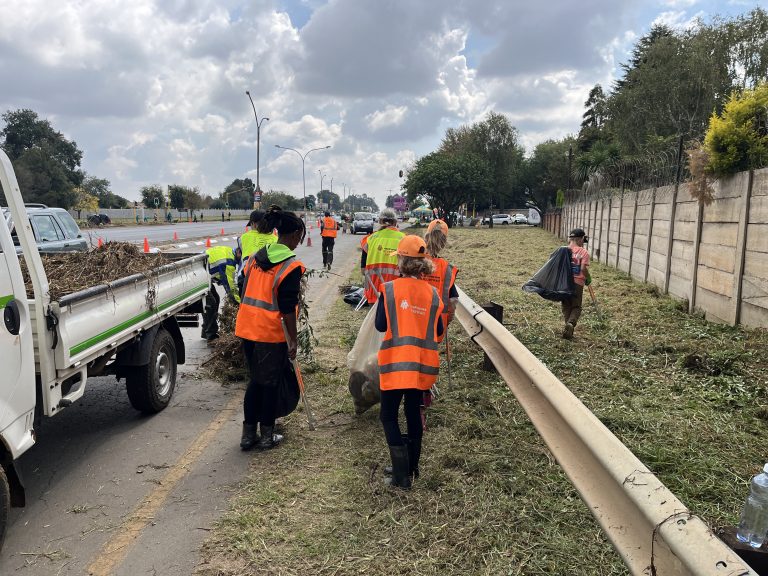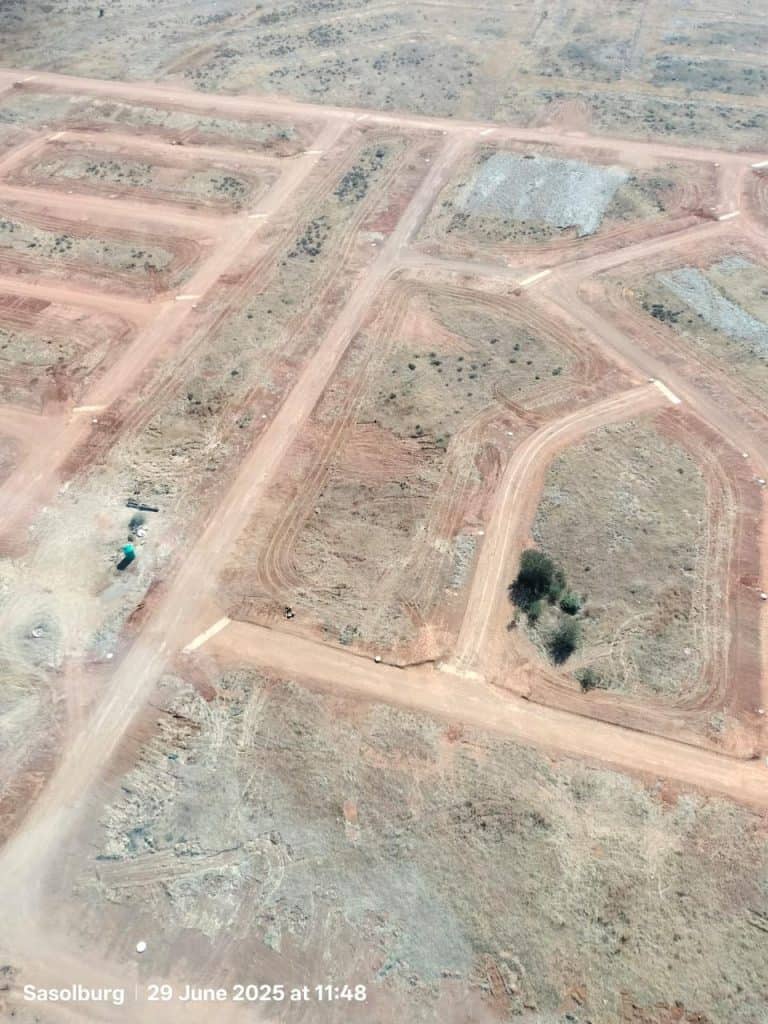AfriForum takes security of Moot infrastructure into its own hands
Metro not bothered about communities being left in the dark
AfriForum is currently installing cameras at substations in high-risk areas in the Moot that are prone to cable theft and sabotage. This follows several attempts to engage with the Tshwane Metropolitan Municipality about securing infrastructure. However, the organisation says that they cannot sit idly by and wait for the Metro’s approval and has therefore already started this security initiative.
Despite AfriForum’s efforts to engage in further discussions with the Tshwane Metro and even offer their knowledge, skills and resources for free, it appears that the metro wants to continue to shrug its shoulders over pressing problems. The organisation has offered, among other things, to equip important substations, electrical distribution boards and power infrastructure with smart monitoring cameras at no cost to the metro, as well as to make armed response units and active neighbourhood watch patrols available to them.
During previous discussions with role players from the Tshwane Metro, it seemed that there was a willingness to work with community organisations such as AfriForum to ensure that communities are protected. However, this has come to nothing and even where permission has already been given for the organisation to protect the area, they are now being denied access to the premises.
“We want to put the community’s interests first and currently the community is suffering from power outages due to cable theft and sabotage that could have been prevented by taking proactive measures. However, it seems as if the metro is not bothered by the fact that their lack of action is harming the community and themselves,” says Llewellynn Hemmens, AfriForum’s District Coordinator for Greater Pretoria North.
Protecting substations from sabotage and cable theft has an impact on the functionality of the entire city. The sabotage of a single substation can leave thousands of households and businesses in the dark – this includes hospitals, care centres and water infrastructure. Community safety is also compromised when there is no electricity as it creates a golden opportunity for criminals to commit crimes.
The proactive protection of substations will also ease the Tshwane Metro’s financial burden as it will not need to carry out repairs due to sabotage. However, the Metro’s reluctance to engage with civil society suggests that they are not concerned about the impact on their own budget or the well-being of the community they serve.
AfriForum plans to install cameras in other parts of the city to secure substations, this will happen at a later stage. The organisation believes that drastic action is needed to prevent the complete collapse of infrastructure and that the Metro is currently not lifting a finger to take action.
“We remain determined to step in where the authorities fail. This is not just about the interests of AfriForum members, but the shared interest of every resident of the Tshwane Metro who needs basic services such as electricity to perform their daily tasks and contribute to a functioning society,” adds Hemmens.
“The Metro cannot continue to delay; they must now start working with community organisations towards a safe, sustainable future. However, AfriForum will continue to strengthen communities’ hands to do it themselves if the metro does not want to serve its communities,” concludes Hemmens.
Click here to get involved with AfriForum’s Pretoria branches











